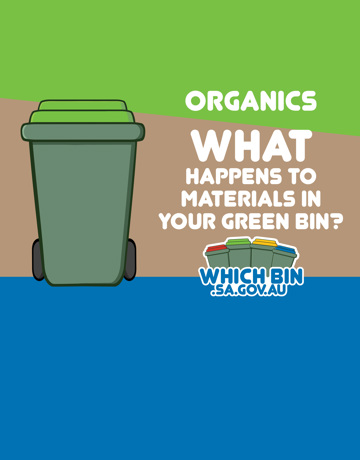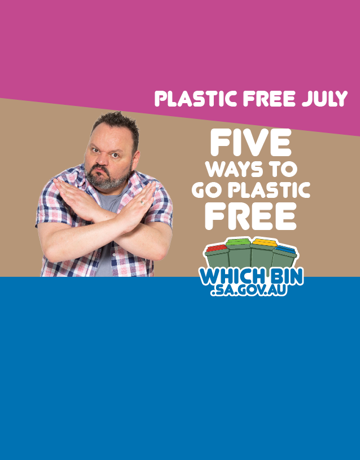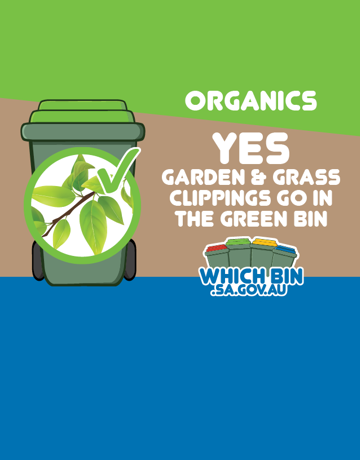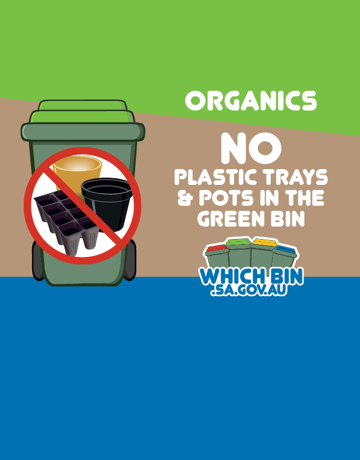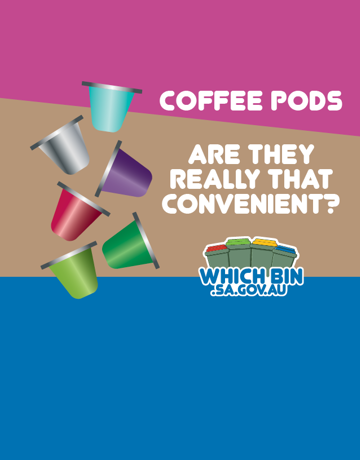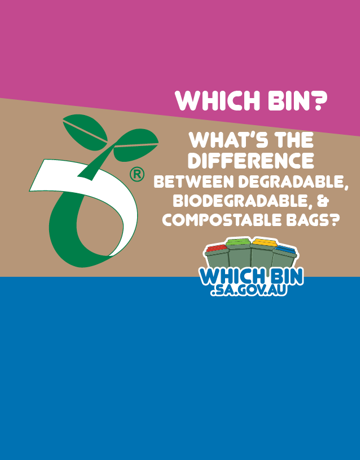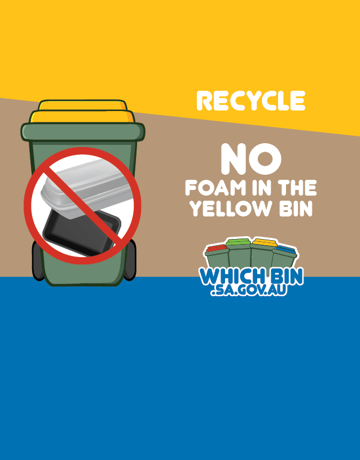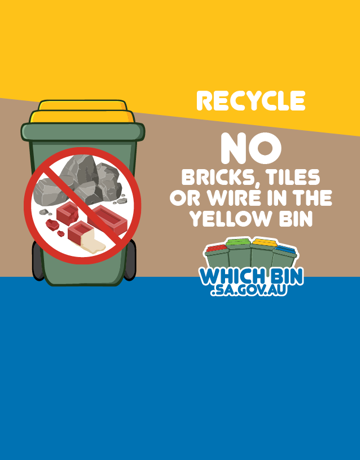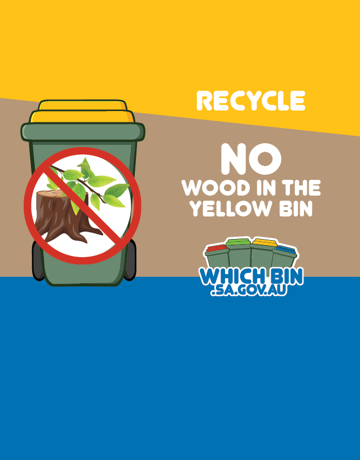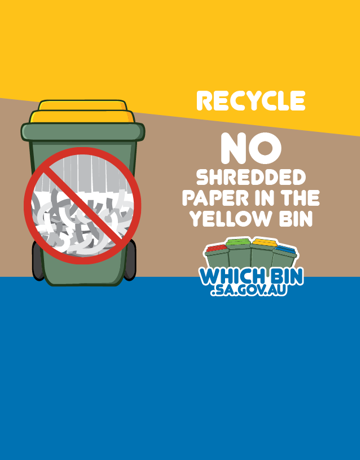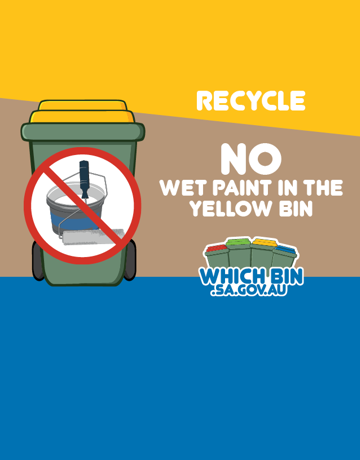Once collected from kerbside, your food and garden organics are transported to a local composting facility....
A big ‘hi five’ to anyone that has taken on the plastic free July challenge. As you may know, it’s no...
Whether its flowers or weeds, lawn clippings or leaves, sticks, small logs or bark, it can...
If you are planting new seedlings or trees, make sure you keep the plastic trays and pots out of your green...
Here are five ways you can go plastic free for July and hopefully beyond. As School holidays are coming up we’ve...
In today’s world, we tend to emphasize convenience more than anything else. We seem to always be looki...
What’s the difference between DEGRADABLE, BIODEGRADABLE, and COMPOSTABLE BAGS?…and which bin should I ...
Expanded polystyrene foam (aka Styrofoam) includes meat trays, coffee cups and foam packaging and is...
Building materials including bricks, tiles, cement and wire cannot be recycled through your yellow recycli...
Wood and other garden materials do not belong in the yellow lidded recycle bin. They cause contamination and ca...
But it’s paper, so why can’t shredded paper be recycled? Shredded paper filters through other recyclable mater...
To avoid causing a mess in your recycle bin and potentially sending your recyclables to waste, make sure pa...

